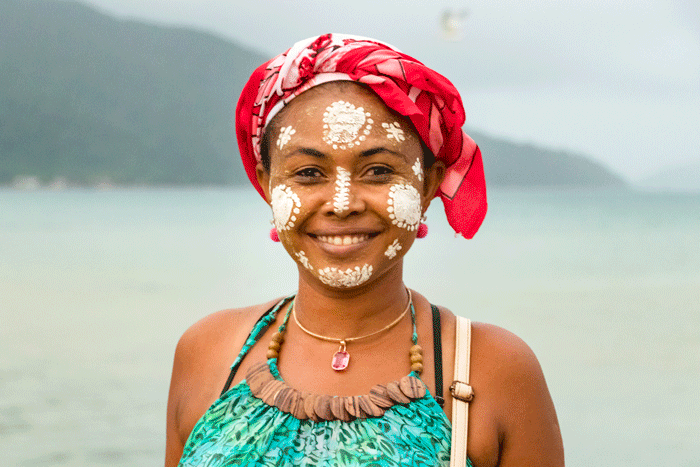Malagasy names are a fascinating element for the whole world, rich in history, meaning, and diversity, often described as long and difficult to pronounce. These names reflect not only personal identity but also the values, beliefs, and traditions of Malagasy society. Today, in the kingdom of Imerina, the nobility particle “Ra” has lost this meaning in many cases. In this article, we explore the origins, characteristics, and meanings of Malagasy names.
Origins and influences of Malagasy names :
Malagasy names have their roots in several sources, including indigenous Malagasy languages, Arabic influence, as well as European and African traditions. Madagascar, being an island with a history of varied migrations and colonizations, has seen its names evolve over the centuries, incorporating elements from different cultures.
Names are often long and complex due to the Malagasy tradition of combining several elements to form a single name. For example, the traditional name “Raharimanana” can be broken down into several parts, each with a distinct meaning. In today’s Imerina kingdom, the nobility particle “Ra” has lost its original significance in many cases. On the other hand, the ancient social stratification, the caste system, is still very much present. Malagasy people are well-versed in the difficult exercise of knowing who’s who, and to do this, they look for clues in the composition of certain names or in the villages of origin. That’s why Malagasy names are so long.
Meaning and structure of names :
Malagasy names are often descriptive and carry deep meanings linked to their origin. They can evoke personal characteristics, parents’ wishes or aspirations for their children, as well as significant events. Family names are often based on place names, professions, or honorific titles.
Malagasy first names can be composed of several syllables and include elements such as “Raha”, “Andri”, “Fara”, or “Iza”, each with a particular meaning. For example, “Raha” often means “the thing” or “the fact”, while “Andri” is a noble prefix meaning “prince” or “lord”.
The suffix “Son” is also sometimes found in surnames, for example: Marson, Rakotoson, Raveloson, Andrianarison, which traces its use among Norwegians and Anglo-Saxons, mainly Protestants, meaning “son of”.
On the other hand, in Malagasy customs, family names are linked to colonization and the establishment of civil status. Very often, the lineage name has become a family name. In many regions, adults are not called by their name, but by an expression meaning “father or mother of,” followed by the name of their eldest son or daughter, such as Aban’i Bema, father of Bema, or Endrin’i Koto, mother of Koto.
Names and identity :
Names play a crucial role in Malagasy identity. They are much more than a simple means of identification; they tell a story, transmit values, and strengthen family and community ties. Naming ceremonies, such as the “fampitaha”, are of great importance, where family and community come together to assign a name to a newborn child, celebrating the continuity of traditions and lineages.
In Malagasy tradition, it is also customary for kings or heads of important lineages to be given a posthumous name after their death, just as they receive a royal name at the time of their enthronement. On the other hand, in many parts of Madagascar, when parents see all their children die in infancy, they may give the newborn a “thing” name, an unimportant name, or even an excrement name, to protect it from bad influences. The name can then be changed when the child reaches adulthood.
Tradition and modernity :
Although traditional names are still commonly used, modernity has brought changes in naming practices. With the growing influence of Western culture, we see more and more European or Westernized first names among the younger generations. However, Malagasy people tend to preserve part of their cultural identity by using mixed names, combining traditional and modern elements.
As for first names, this is a Western contribution, which explains why families still choose them today from the calendar of saints. However, Malagasy names with their own meanings have been preserved. For example, girls’ names include Fanha (“flower bud”) and Voahangy (“pearl” or “flower”), while boys’ names include Manda (“fortress”) and Fandresena (“victor”).






